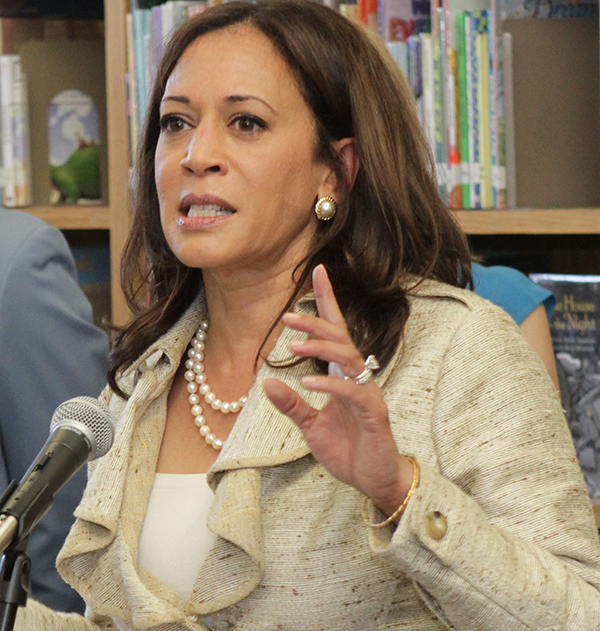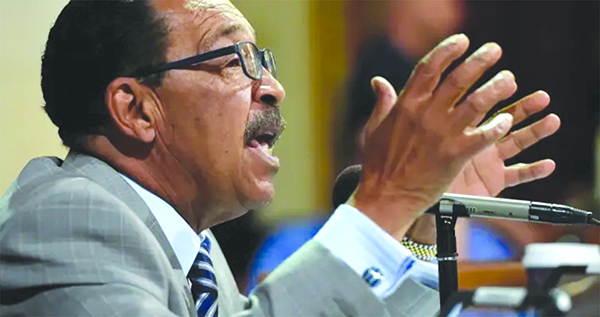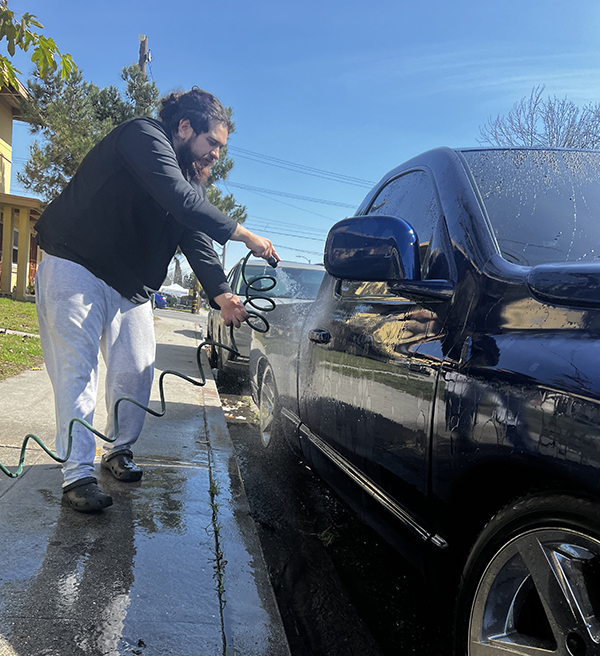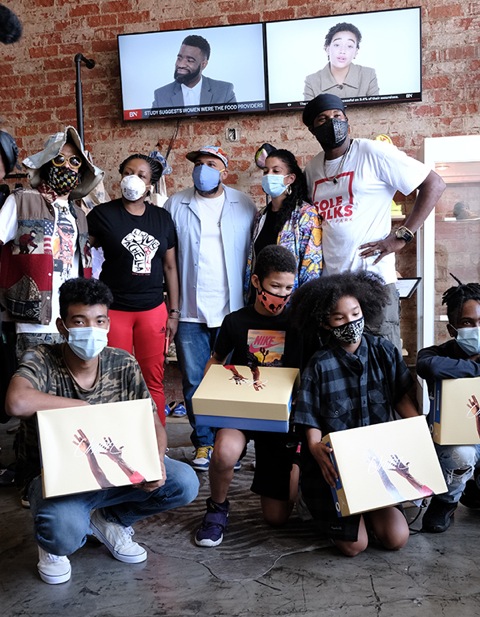Target’s tanking stock price shows real power of protest: The Bottom Line

Target CEO Brian Cornell was on Capitol Hill last week to meet with members of Congress, a meeting that included a small group of Congressional Black Caucus members who are part of the caucus’ diversity task force, including Chair Yvette Clarke.
Cornell’s appearance in Washington, D.C. and his meeting with Black lawmakers wasn’t a coincidence. The meeting was the latest evidence of the power of Black consumers in America.
Target, and Cornell himself, have been feeling the blowback from the company’s decision in January to withdraw from its commitments to diversity, equity and inclusion initiatives.
The company’s stock is down by nearly 30% so far this year, a far cry from the overall stock market’s 5% gain year to date and significantly worse than the stock market performance of competitors like Walmart, Dollar General, Costco and even Five Below. Target also reported a revenue decline of 2.8% in the first quarter of 2025, totaling $23.85 billion, accompanied by a 3.8% drop in comparable store sales.
In April, when the company’s stock dropped to its lowest level in four years, Target had seen its foot traffic drop for 10 consecutive weeks, a slump that began the week after the company announced it was cancelling its diversity, equity and inclusion program in January.
Some of the first calls to boycott Target started here in Los Angeles.
Author and activist Earl Ofari Hutchinson, head of the Los Angeles Urban Policy Roundtable, stood outside the Target store at 3535 S. La Cienega Blvd, recording a Facebook video that would help spark a nationwide movement. Hutchinson called Target’s rollback of diversity programs “unconscionable.”
Within days of Hutchinson’s Jan. 27 boycott call, hundreds of Angelenos joined a coordinated 24-hour action. Hutchinson’s strategic approach represented something corporate America has consistently underestimated: the sophisticated economic organizing power of Black consumers.
Hutchinson’s approach influenced organizers nationwide. Rev. Jamal Bryant in Atlanta expanded the strategy with a 40-day economic fast during Lent, and his campaign attracted more than 50,000 signatures within its first week.
The pressure campaign gained further national momentum when more than 100,000 people, many of them parishioners at Black churches, pledged not to shop at Target as part of the 40-day nationwide boycott of the retail giant.
Target CEO Cornell met with Congressional Black Caucus members on June 26, including Clarke, Rep. Steve Horsford and Rep. Troy Carter. When asked about the ongoing boycotts, Cornell deflected, saying the issue “was not a big area of focus” and that the company was “focused on running a great business each and every day.”
But the evidence suggests otherwise. The meeting itself reveals how seriously Target takes the economic threat. Corporate executives don’t visit Capitol Hill to discuss non-issues with congressional leadership.
Bryant received the National Newspaper Publishers Association’s 2025 Newsmaker of the Year Award this past weekend, recognizing his leadership in confronting corporate America’s retreat from diversity, equity and inclusion, most notably through his ongoing boycott of Target.
In his speech to publishers of Black newspapers from across the country, Bryant talked about revolutionaries like Angela Davis, H. Rap Brown and Huey P. Newton when he spoke to members of the Black press over the weekend.
While those revolutionaries are often invoked when giving rousing speeches to large audiences, protesting in the street or engaging in civil unrest to draw attention to an important issue for Black communities, each of them are also known for their understanding of the importance of commerce and capital in the struggle.
The Los Angeles story reveals a fundamental truth about economic power that extends far beyond retail politics. By starting a boycott on the streets of L.A., Hutchinson made a direct appeal to Black America that resonated with thousands of people and was seen in Target’s foot traffic numbers for weeks after.
This message was further amplified by Bryant engaging Black churches and bringing parishioners onboard with a message that united congregations across the country.
This represents a new form of economic activism that corporate America hasn’t fully grasped. Unlike traditional boycotts that rely on sustained sacrifice, these campaigns leverage the immediate economic relationship between companies and communities.
Hutchinson’s warning of a week-long statewide California boycott in February — Black History Month wasn’t a threat; it was a business negotiation where one side finally realized they hold the leverage.
The cash register, it turns out, speaks louder than any megaphone could.
Dion Rabouin is The Wave’s business and digital editor. Feel free to send suggestions and story ideas to Dion@wavepublication.com.





